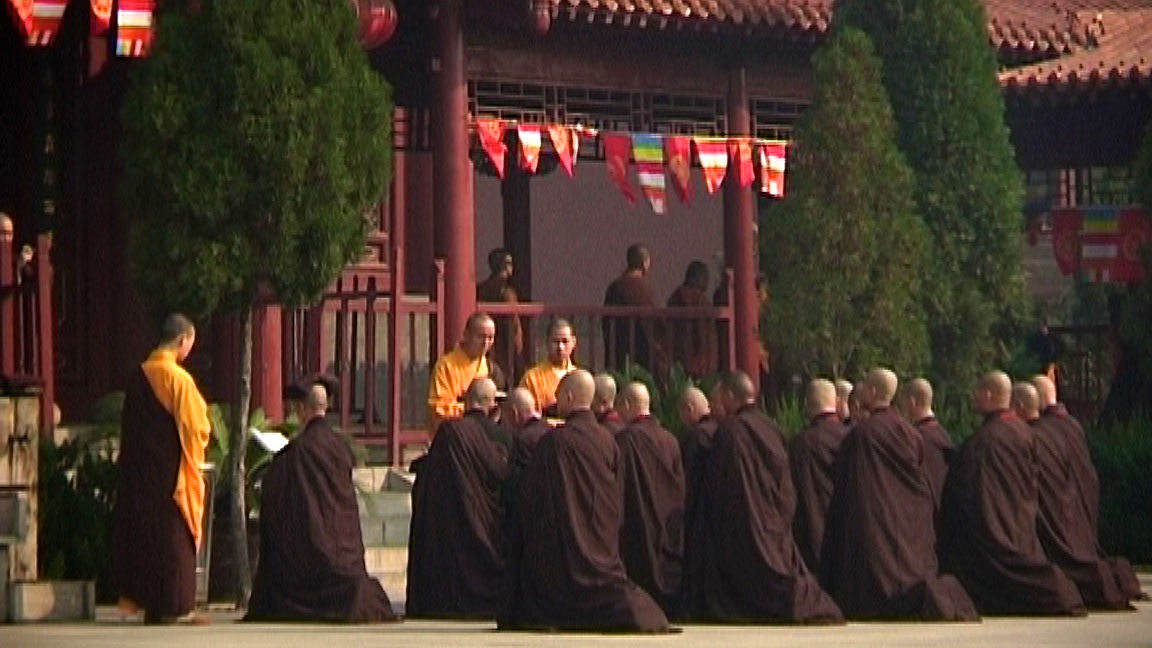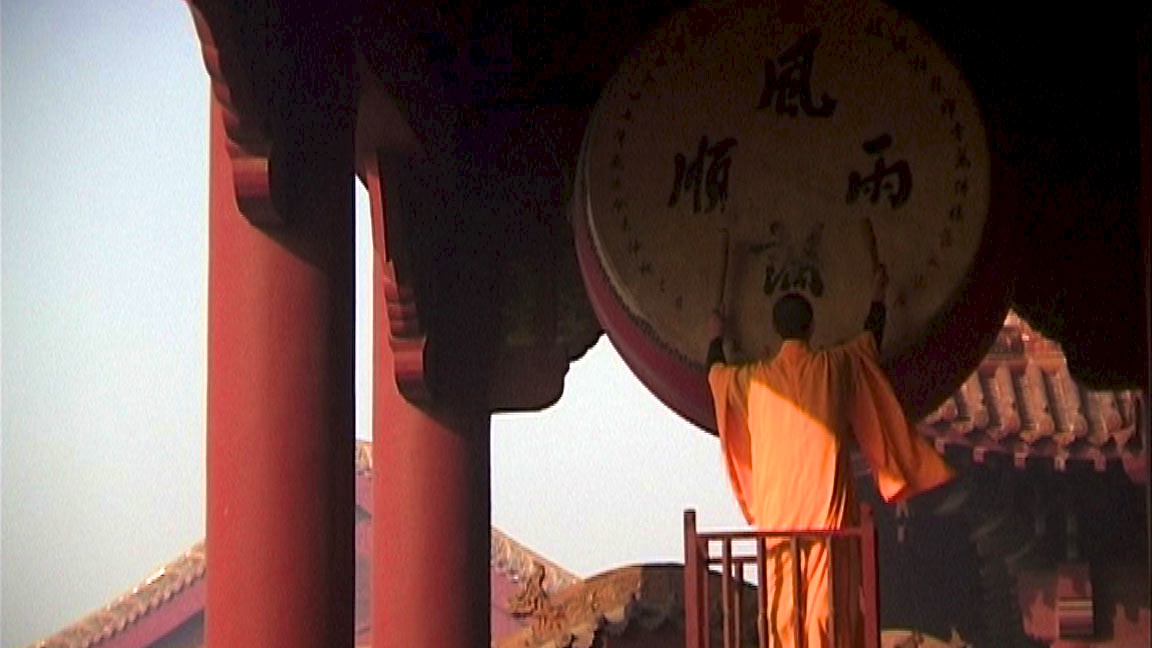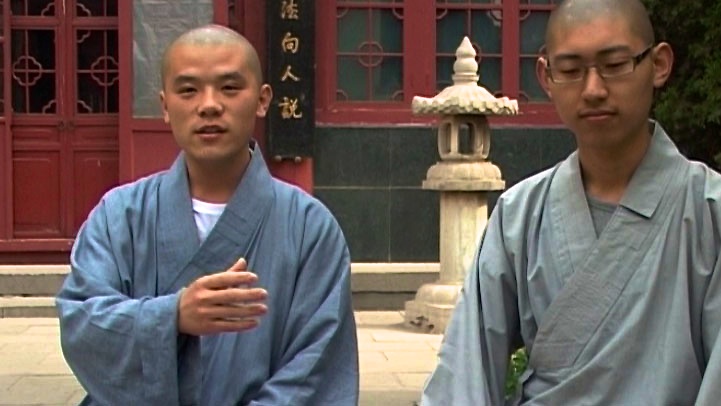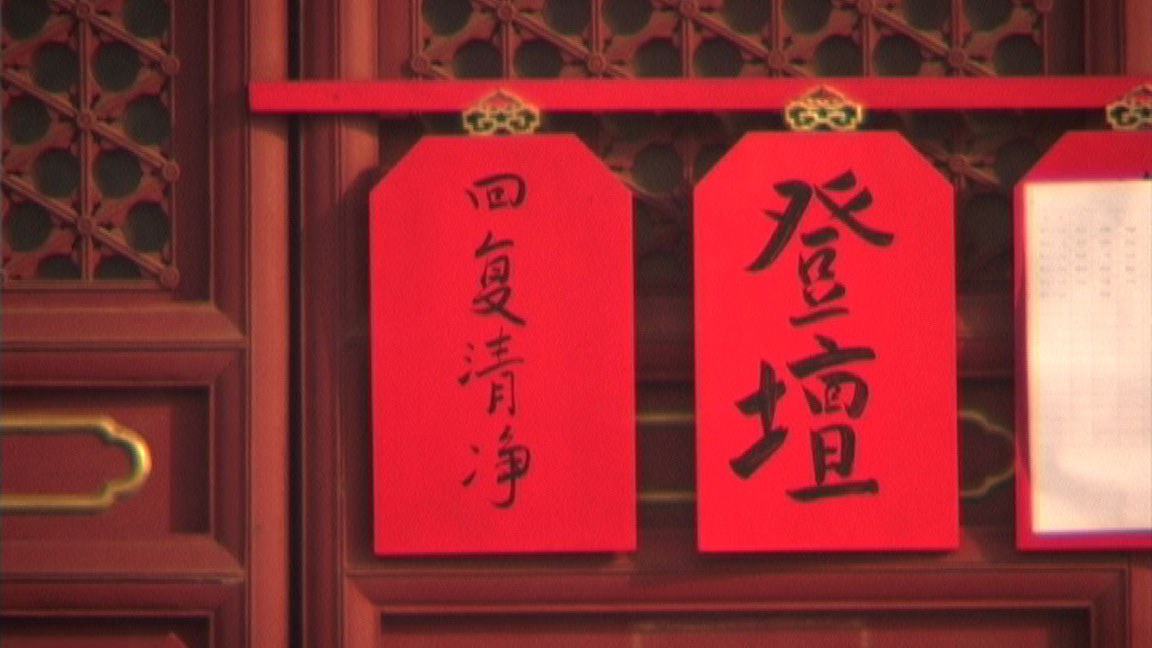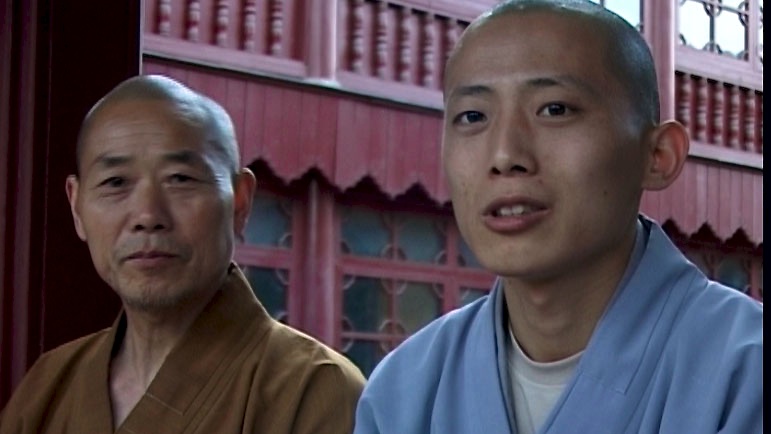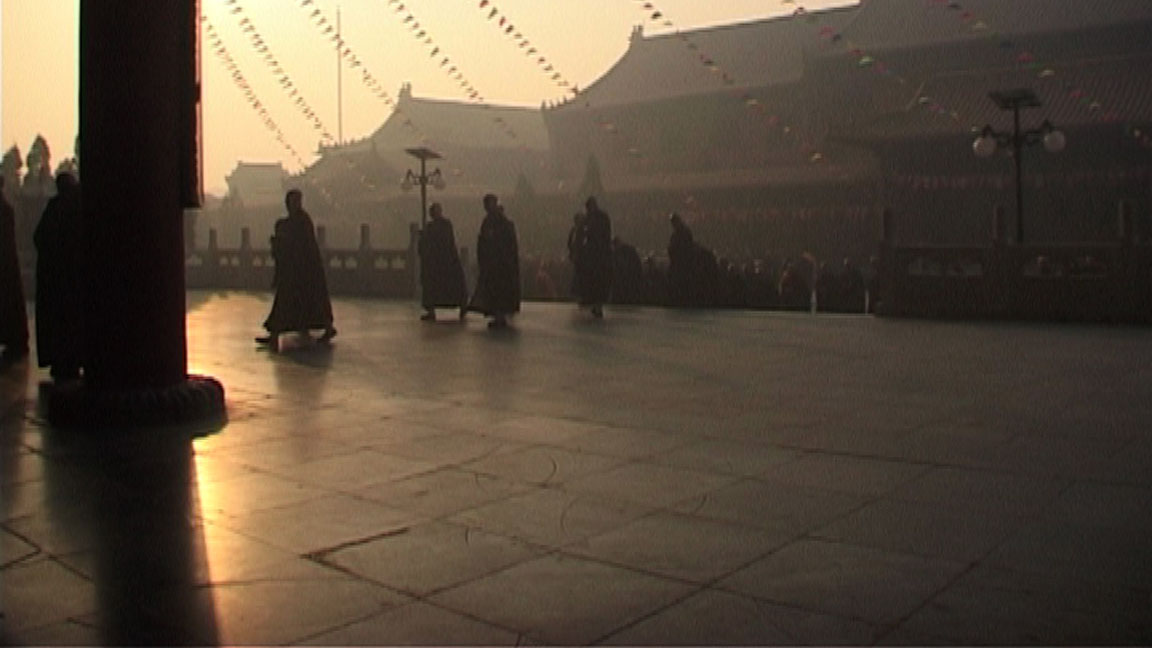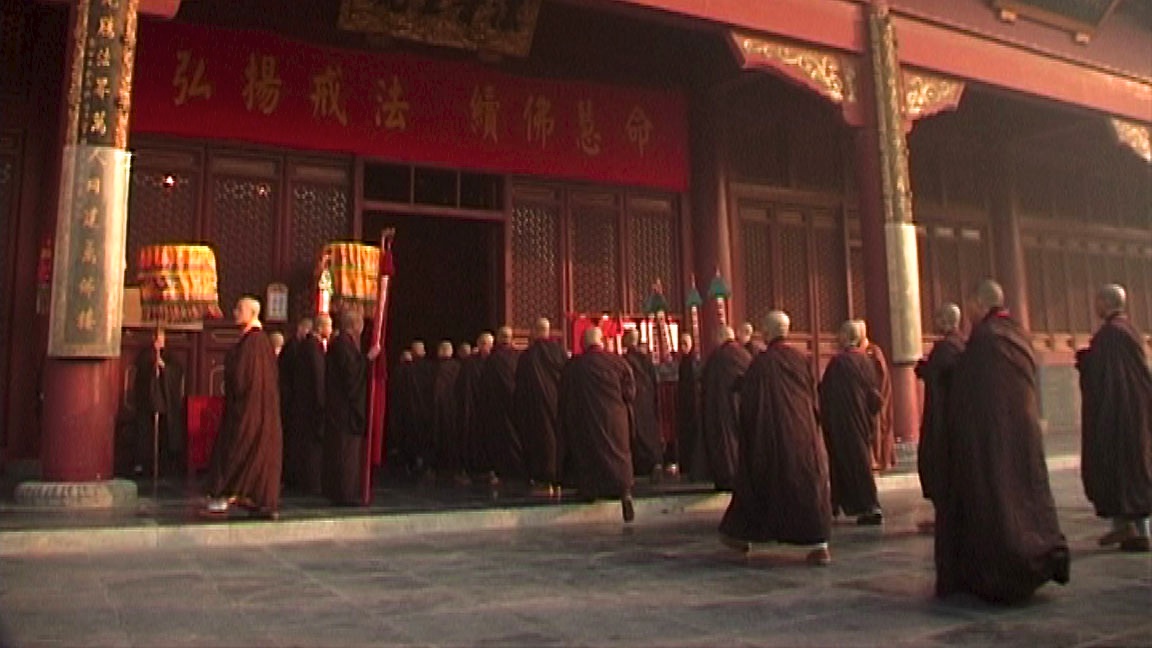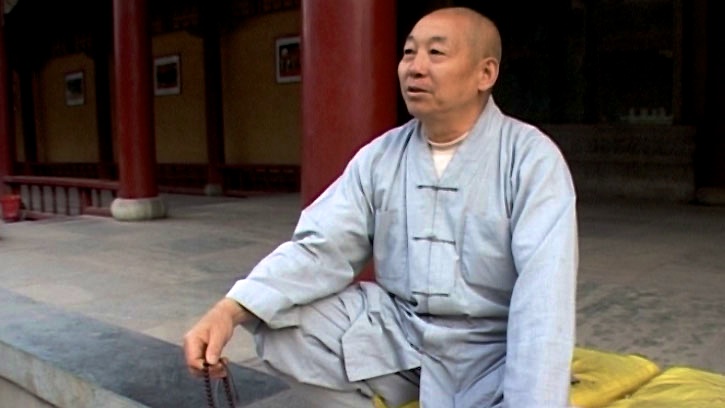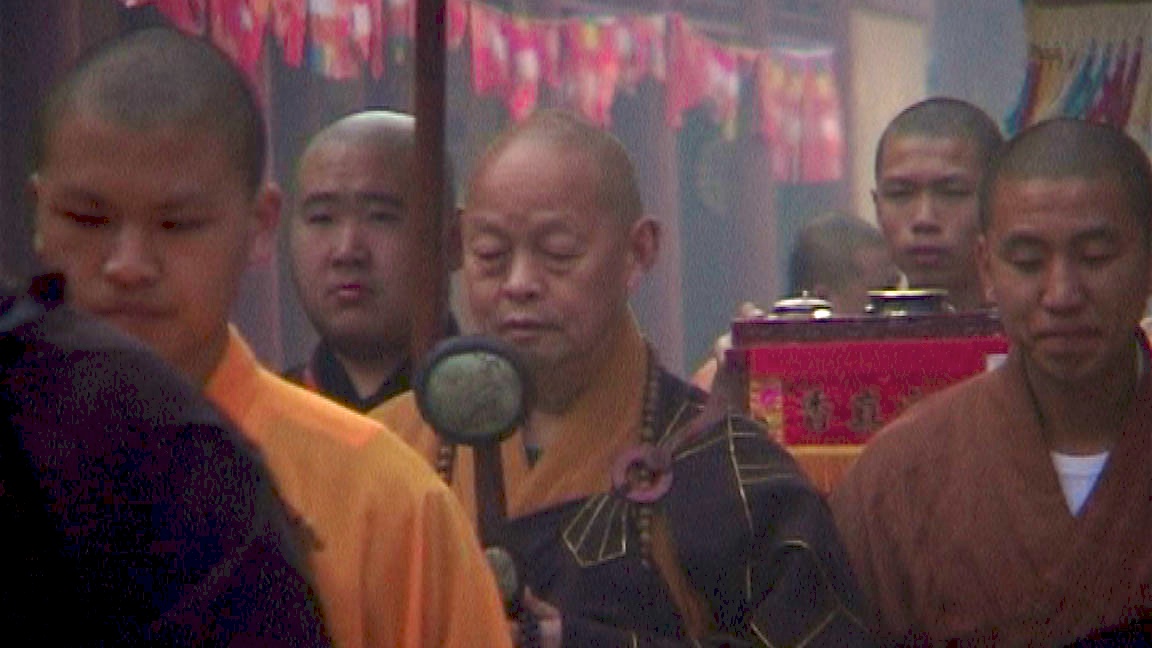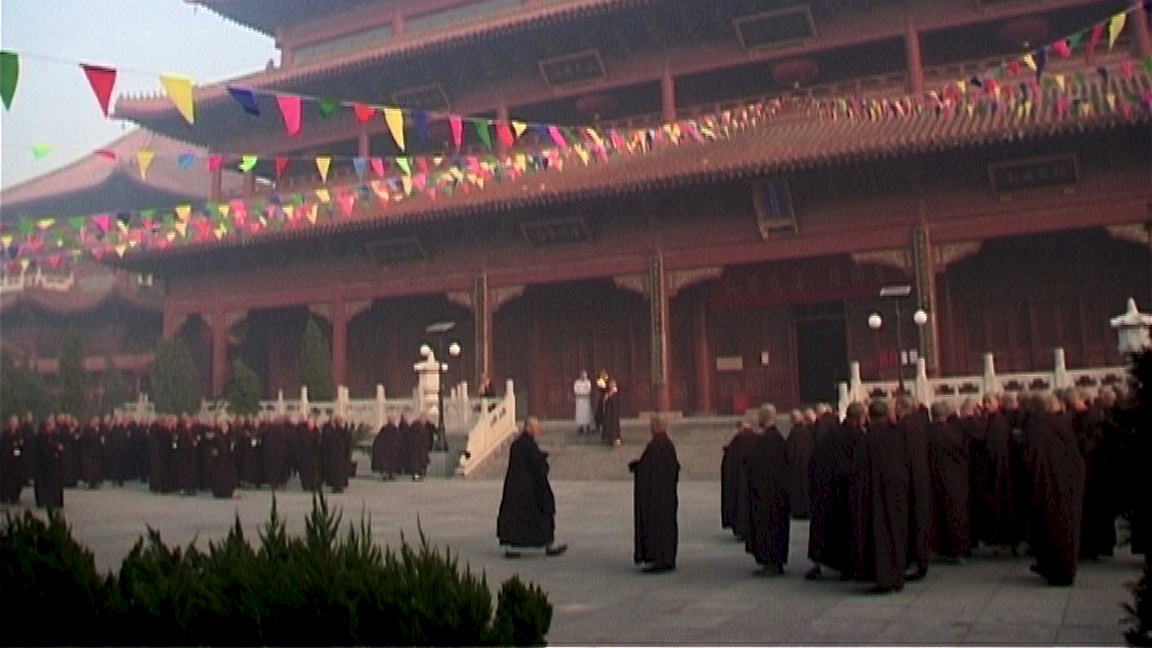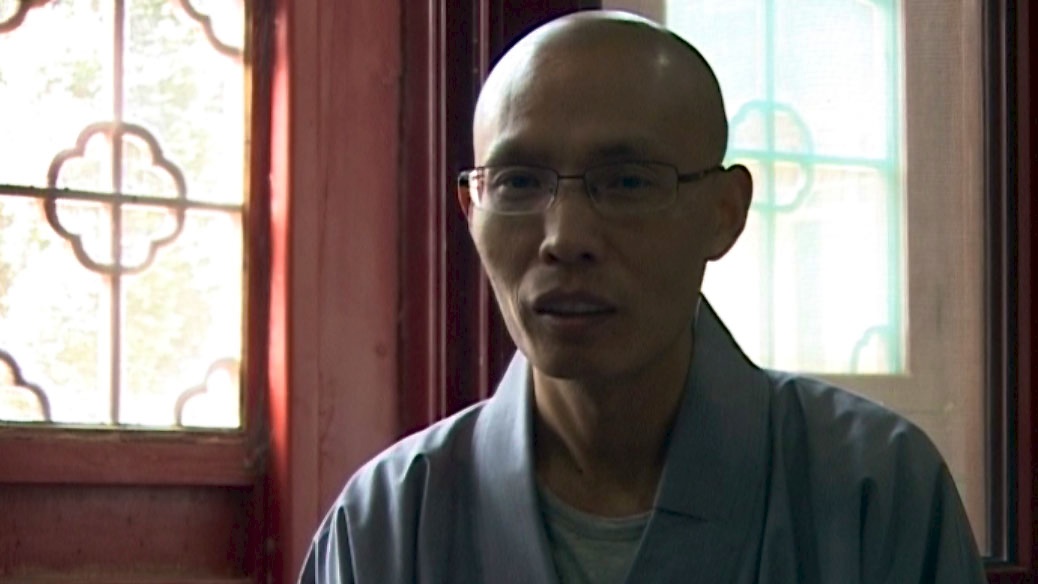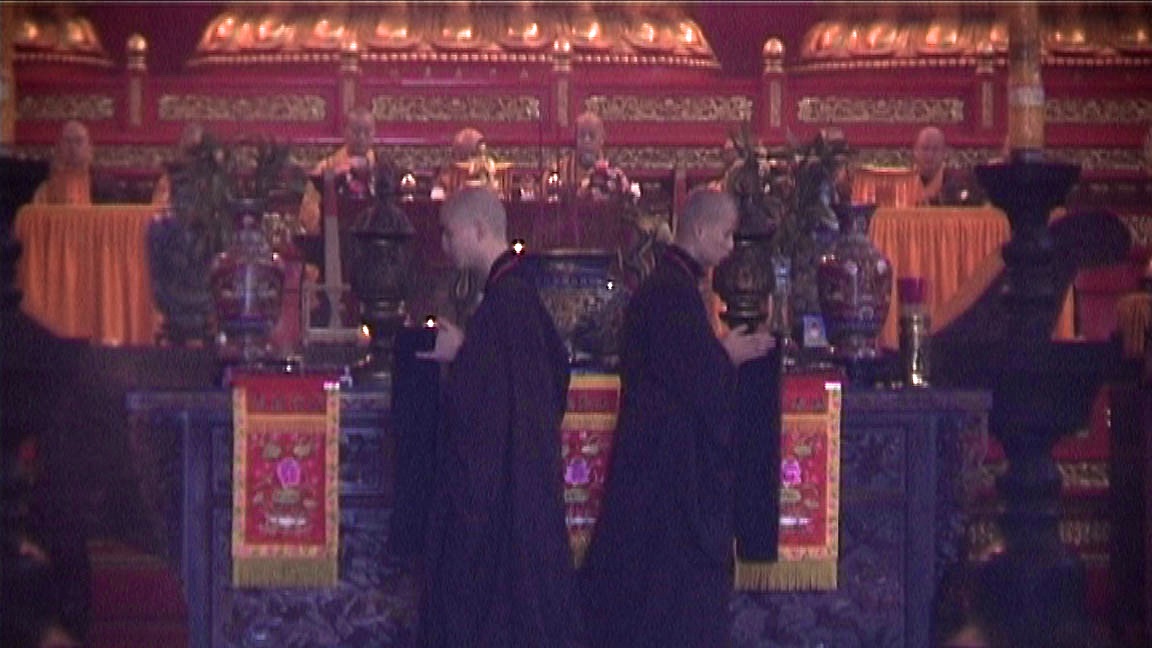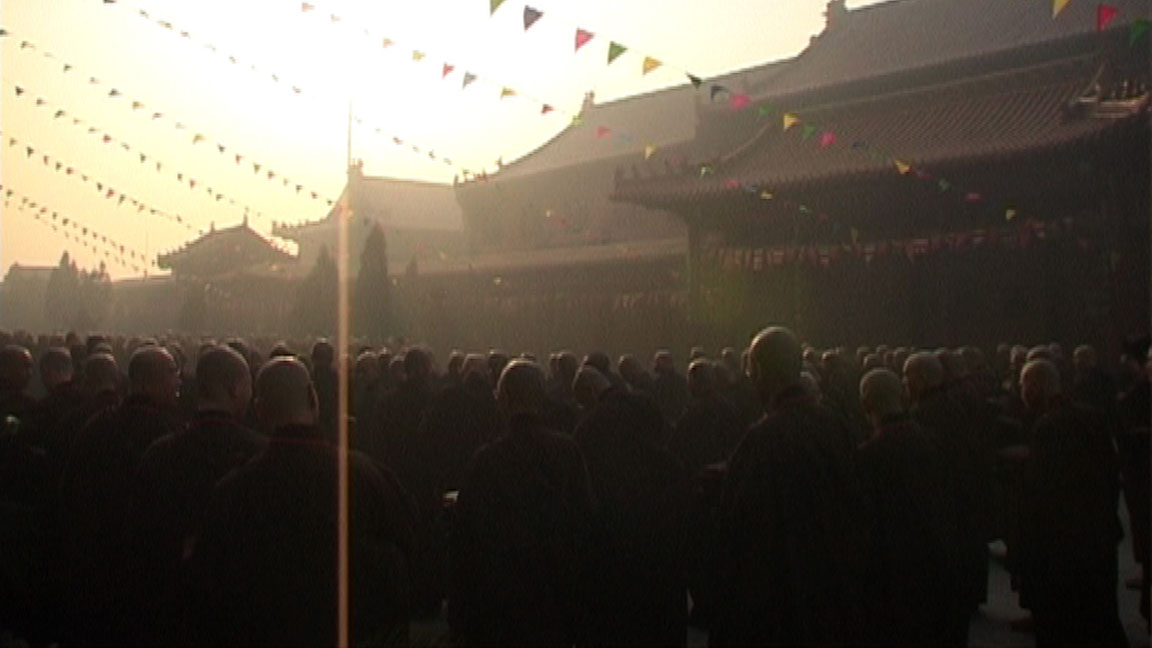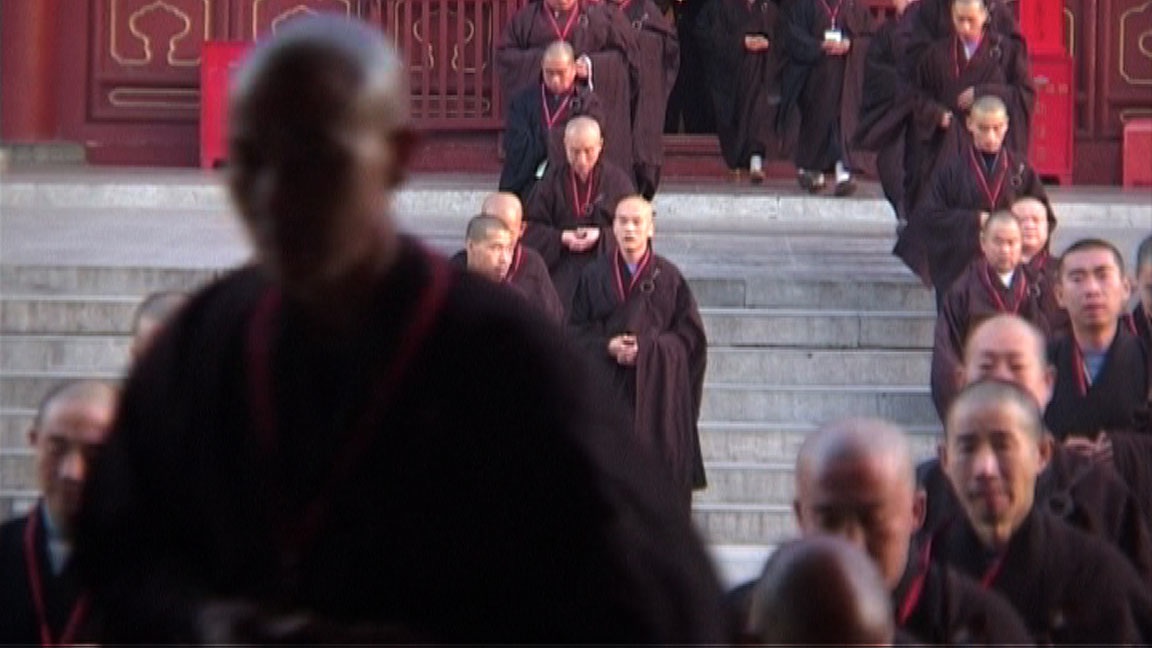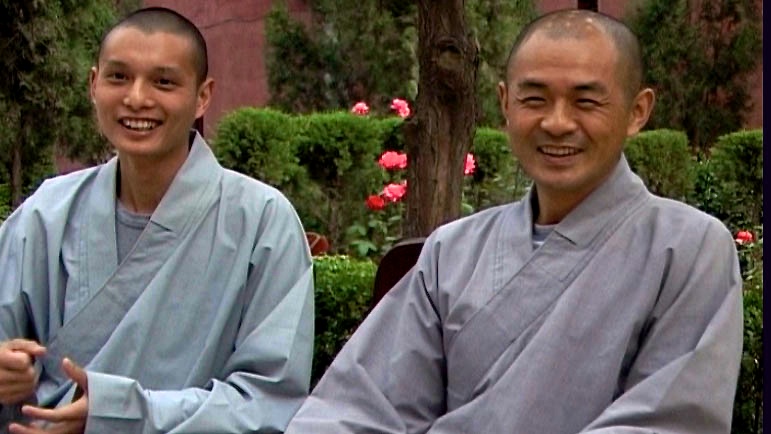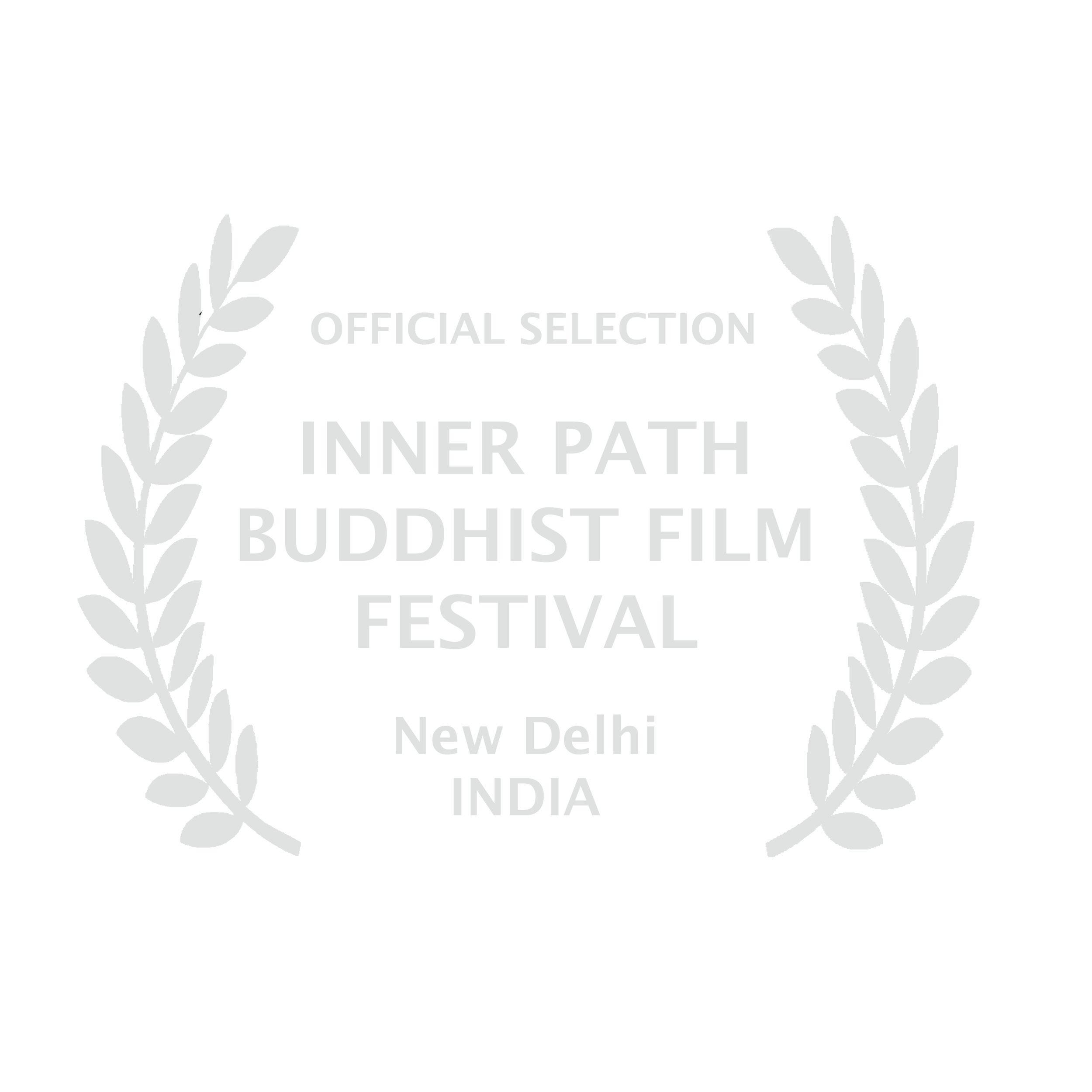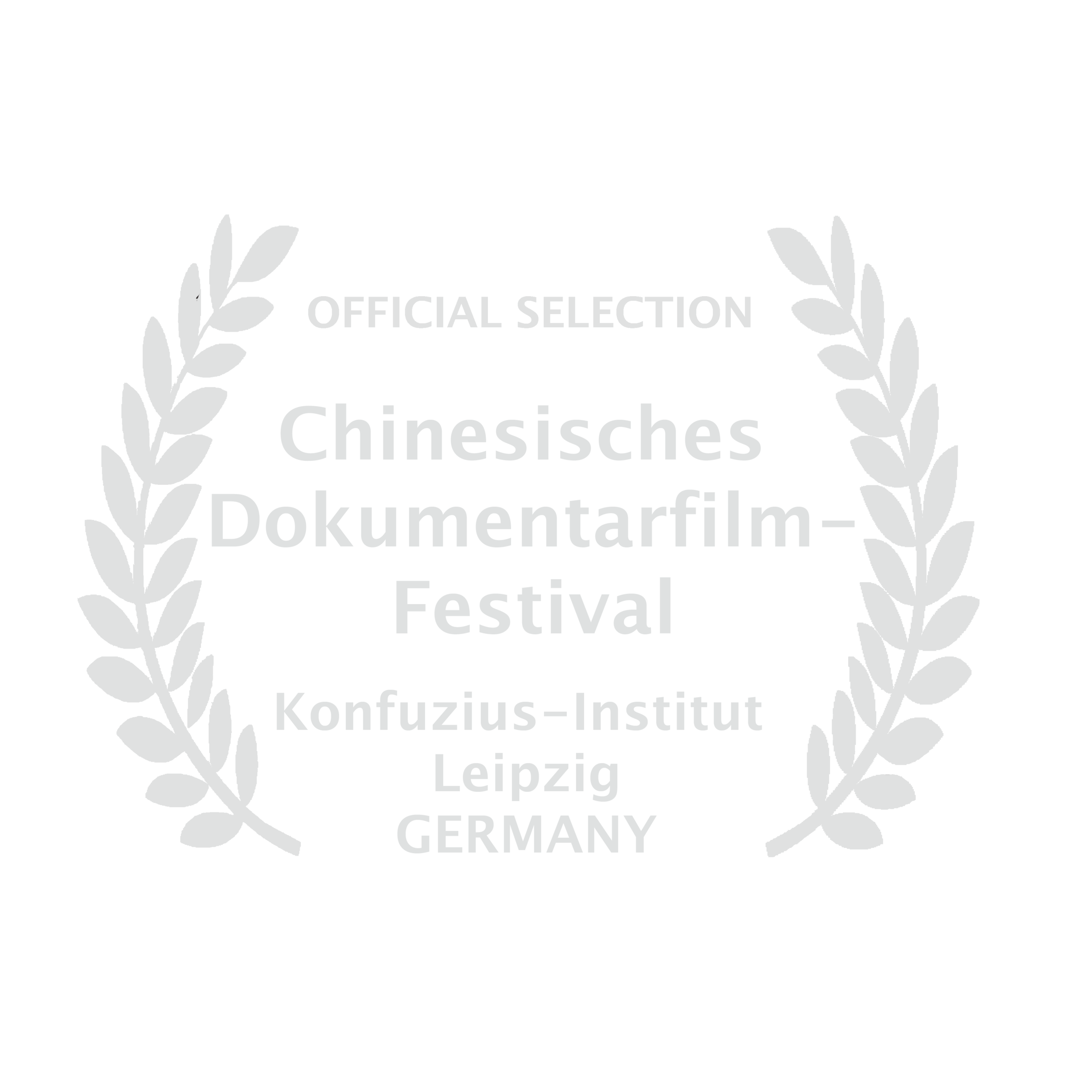戒 VOWS
a film by Edward A. Burger, 2013
filmed in Hebei Province, China / 37 minutes / Mandarin with English subtitles
read a review of VOWS and ALMS in the Journal of Buddhist Ethics, Volume 22, 2015
Story
VOWS tells the story of monastic discipline in Chinese Buddhism with narration by Ven. Ming Ying, Senior Prior of Bailin Monastery, and seven ordained monks who recount their journeys from young layman to ordination day. Ven. Ming Ying, formerly the Dean of Academic Affairs at Hebei Buddhist Academy, comments on the historical struggle between lineage and adaptation as the Buddhist monastic tradition took hold in the cultural landscape of China. He offers a thought-provoking narrative on Buddhist discipline as a guide for both monastic and layperson through the difficulties of everyday life in this world.
Content
Content includes footage from inside Bailin Monastery (柏林寺/bailinsi,bolinsi), one of China’s most important Chan training /education centers. Viewers are witness to a “Triple-Platform Precept Transmission Assembly” (傳授三壇大戒法會/chuanshousantandajiefahui) for which monks from all over China have assembled to formally receive the Prātimokṣa precepts. Laypeople gather in the front courtyards of Bailin to pay homage (燒香/shaoxiang, 拜佛/baifo) by offering incense and prostrations. Some offer their hand in the kitchen to prepare food for the over 200 ordinands in attendance. Ven. Ming Ying narrates and seven ordained monk offer candid stories from their lives as monks.
Educators
Educators can use this film as a framework for discussions on commitment, discipline and ritual in religious traditions as well as Chinese Buddhist life, monasticism and ordination traditions.
•Students can discuss the seemingly paradoxical relationship between discipline and liberation, and what role that plays in their modern lives today.
•Discuss the historical factors that led to China’s unique ordination traditions.
•Encourage students to reflect on guidelines and “rules” in their lives which one may say are guidelines to leading a healthier, spiritual life.
• How could modernity affect this kind of traditional ritual and these traditional principles of discipline? Should this affect be allowed?


